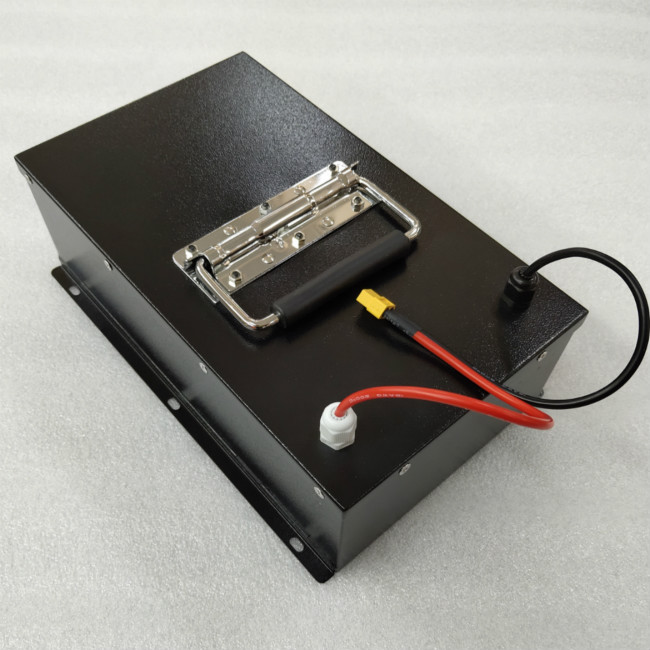© Copyright 1976-2017 Shenzhen Vodno Technology Co., Ltd All rights reserved. Powered by iwonder.cn
Despite having extremely similar names, lithium-ion and lithium-iron batteries are quite different from one another in a number of ways.
A lithium-ion battery and a lithium-iron battery have certain similarities and some differences, which would be discussed in this article.
A lithium-ion battery, often known as a Li-ion battery, is a kind of rechargeable battery that stores energy by the reversible reduction of lithium ions.
It is the most common kind of battery utilized in portable and wearable gadgets and electric vehicles.
Comparatively speaking to other kinds of batteries, a lithium iron battery is able to charge and discharge at rapid rates. It is a battery that can be recharged.

Similar principles underlie the operation of both battery types. In order to discharge and recharge, the lithium ion in the batteries alternates between the positive and negative electrode.
Both types of batteries can be recharged.
Lithium Iron Batteries and Lithium-ion Batteries employ the use of metallic-backed graphitic carbon electrodes as the anode.
In the battery sector, both types of batteries represent the implementation of relatively recent technologies. The majority of batteries on the market in the past were nickel-based. Having said that, there is still opportunity for advancement in lithium-based batteries until the technology is fully developed.
A lithium-ion battery and a lithium-iron battery differ greatly in terms of stability, life duration, and application despite the similarities they have in their features.
First and foremost, it should be evident that these two types of batteries are constructed of different materials just by reading their names. Lithium cobalt dioxide (LiCoO2) or lithium manganese oxide (LiMn2O4) are typically used as the cathode in lithium-ion batteries.
In contrast, the cathode of a lithium-iron battery, also known as a lithium-iron-phosphate battery (LiFePO4), is generally constructed of lithium iron phosphate. One distinction between their basic materials that should be made is that LiFePO4 is harmless whereas LiCoO2 is harmful.
Lithium-ion battery disposal is therefore a major problem for both manufacturers and consumers.
In addition, lithium-iron batteries are a more recent technological development than lithium-ion batteries. The approach based on phosphates offers far superior chemical and thermal stability.
In contrast to a lithium-ion battery, a lithium-iron battery has a far lower risk of catching fire even if you handle it improperly.
Thirdly, the chemistry of phosphates enables a longer life expectancy. Due to the fact that both battery types are rechargable, they both have a rather extended lifespan.
Because they are more stable when subjected to overcharges or short circuits, lithium-iron batteries have an even longer lifespan. On the one hand, lithium-ion batteries have a lifespan of 13 to 18 years and an efficiency of 80% during discharge.
The range of its cycle durability is 400 to 1200. For lithium-iron batteries, on the contrary side, the cycle lifespan is close to 2000.
Among all commercially available rechargeable battery types, lithium-ion batteries possess the highest energy density. This indicates that charging a lithium-ion is considerably simpler and takes less time.
Although a lithium-iron battery also has a good density, it is often less potent than a lithium-ion battery.
Commercial batteries made of lithium-ion and lithium-iron are both often employed in energy projects in the field of renewable energy.
Click here if you're interested in making a purchase or learning more about the benefits of utilizing lithium-ion batteries.